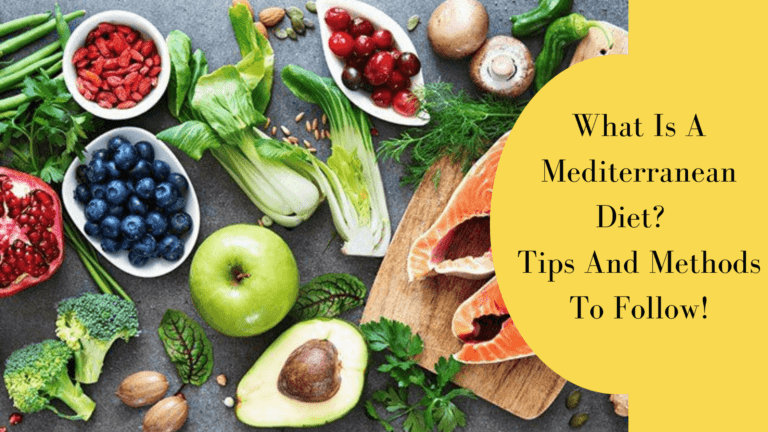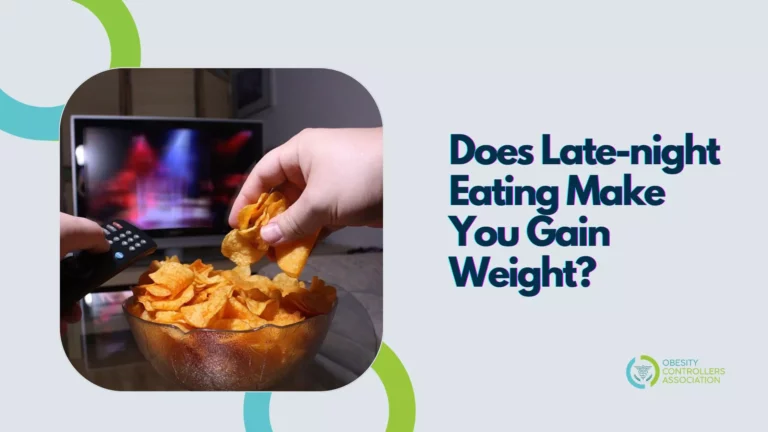What Is The DASH Diet? Can It Help Reduce Your Risk Of Hypertension?

When it comes to heart disease and stroke, high blood pressure is a major risk factor. Research has shown that one in every three adults is suffering from high blood pressure or hypertension. But, there is a diet that can actually help reduce your risk of hypertension, as well as other diseases.
DASH Diet To Lower Your Blood Pressure!
A diet is a specific way of eating that targets and improves some bodily complications. ‘DASH’ is an abbreviation, which stands for ‘Dietary Approaches to Stop Hypertension. The exciting thing about the DASH diet is that it is a result of years of research.

In order to explore the DASH diet further, firstly you have to tackle the blood pressure. In general, blood pressure is the speed at which blood moves through your veins. The blood pressure of a normal person most often stays at around 120 over 80. According to the American College of Cardiology, blood pressure is classified into four phases. Normal, elevated, hypertension stage 1 and hypertension stage 2. Research shows that high blood pressure is less common in plant-based eaters, and also sodium intake can worsen hypertension.
🥗How to follow the DASH diet properly?
Here are the recommendations of some of the foods, vegetables, and fruits if you follow a DASH diet –
- 1 to 3 servings of low fat (or fat-free) dairy
- 7 to 9 servings of fruits and vegetables
- 6 to 10 servings of grains, preferably whole grains
- Up to 6 ounces of the lean protein (meats, poultry, tofu or fish)
- Furthermore, you should have at least three to five servings of nuts seeds and legumes (beans or peas) on a weekly basis.
🥗Who needs this diet?
DASH is a way of eating, recommended for people who are hoping to prevent high blood pressure, heart disease, and strokes. People who are mildly hypertensive can also experience a significant reduction in their blood pressure when they choose the DASH diet. Diabetic patients can get the full benefit of this diet as well. The DASH diet is known for decreasing the sugar level in the blood over time.
If you are suffering from obesity, you can choose the DASH diet in order to get slimmer and leaner. Losing weight will help you mitigate some of the additional weight-related problems you are having, i.e. arthritis or osteoporosis.
🥗Do’s and don’ts
The DASH diet follows a basic guidelines, which is –
- Reduce sodium intake.
- Lower the amount of saturated and trans fats.
- Avoid foods that contain added sugars.
- Lower the number of processed foods you are consuming.
- Increase the amount of fruits, veggies, low-fat dairy products and whole grains you are eating.
If you do decide to try the diet, you can choose options that go tasteful on your palate. In the diet, you can include whatever whole grains, fruits, lean protein, vegetables, and low-fat dairy products you want.
All that being said, you do need sodium in the diet for your body to function normally. An average person should consume between 1500 to 2300 milligrams of sodium a day. So it is not advisable to stay away from it altogether, but you should always be mindful about how much sodium you are eating, particularly if you have heart issues. Some of the salty foods to be aware of are cereals, frozen and canned products, condiments, sauces, and fast foods.
Steer clear of red meat, especially fatty ones. Beef needs to be consumed in a limited amount. Pork and other kinds of meat that come filled with fat, need to be avoided. Extra fat raises the cholesterol level, which can lead to high blood pressure over a long period of time.
Last but certainly not least, you should stop drinking alcohol and smoking so that the DASH diet can work properly for you. Filling your body with narcotic agents or foreign substances is never the healthy way if you want your blood pressure to be under control.
Conclusion
The DASH diet is not restrictive of any particular kind of food group, such as dairy or carbs. It also contains very low fat and less amount of processed food. Several types of research have shown that this diet can help with many chronic diseases, like diabetes, obesity, arthritis, joint swelling, hypertension, etc.
Having said that, diet alone can never improve a disease. If there is a genetic condition, diet can not help in that case. You should have exercises daily as well. Regular exercises can help you reduce the cholesterol and sugar levels in your blood. Take note of your daily body weight and see if your condition is improving or not. If you feel any sort of problem or need a little more understanding on some points, get in touch with your health care provider on a regular basis.





